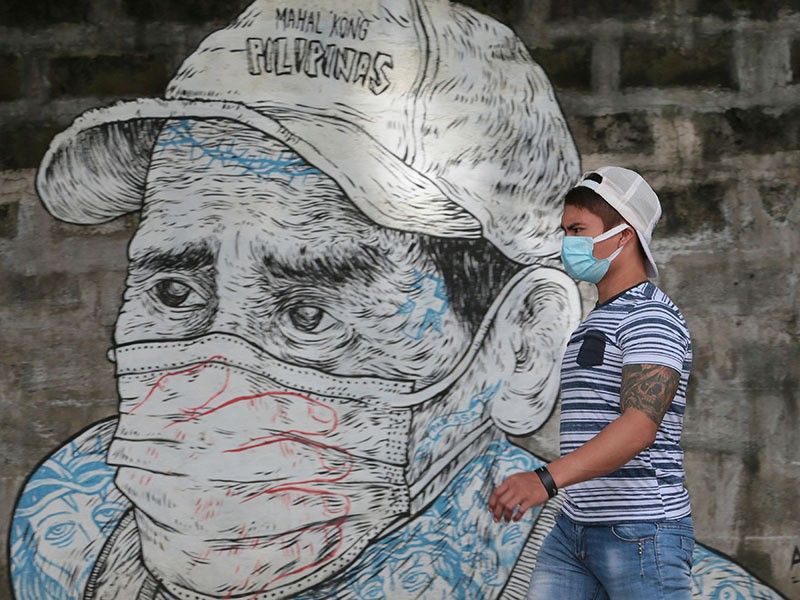ECQ 'ayuda' widens budget deficit in August

MANILA, Philippines — The Duterte administration’s budget deficit widened in August, driven by higher spending particularly on cash aid, or "ayuda", meant to cushion the impact of hard lockdowns on poor families.
The budget gap ballooned threefold year-on-year to P120.9 billion, as higher expenditures eclipsed revenue growth, the Bureau of the Treasury reported Thursday.
The figure brought the eight-month shortfall to P958.2 billion, up an annualized clip of 29.36% and accounting for 52% of the state’s budget deficit cap of P1.86 trillion for the year, which is equivalent to 9.3% of gross domestic product.
Explaining the wider deficit, the Treasury said disbursements grew 34.20% on-year in August to P380.2 billion, the second-fastest rate this year, mainly due to release of funds for financial assistance to households when Metro Manila and some provinces briefly returned to enhanced community quarantine (ECQ) last month. State health insurer PhilHealth also received subsidy from the national government during the month.
But month-on-month, spending grew at measly 0.7% despite the country’s bigger pandemic needs at the time as a result of lockdowns. Some analysts like Nicholas Mapa, senior economist at ING Bank in Manila, believe the government is trying to rein in the growth of debt by tempering spending which, in turn, deprives the economy much-needed stimulus to recover.
“A sustained period of economic recession will ultimately lead to unsustainable levels of debt with credit ratings agencies likely given no alternative but to take notice,” Mapa said.
Indeed, the government continued to spend beyond its means in August. Treasury data showed government revenues during the month grew 6.59% year-on-year to P259.3 billion.
By sources, the Bureau of Internal Revenue, which historically accounts for nearly 80% of tax revenues, collected P186.2 billion in August, down 0.99% after tighter restrictions disrupted businesses again and displaced workers.
Collections of the Bureau of Customs, meanwhile, amounted to P53.4 billion, up an annualized rate of 20.23% amid a weak peso that makes imported goods more expensive for traders. Import costs serve as base for computing taxes, which therefore went up together with prices.
“We contend that the main reason deficits and debt continue to bloat is traced largely to the sluggish economy, which limits the ability of the government to collect revenues,” ING Bank’s Mapa said.
- Latest
- Trending





























